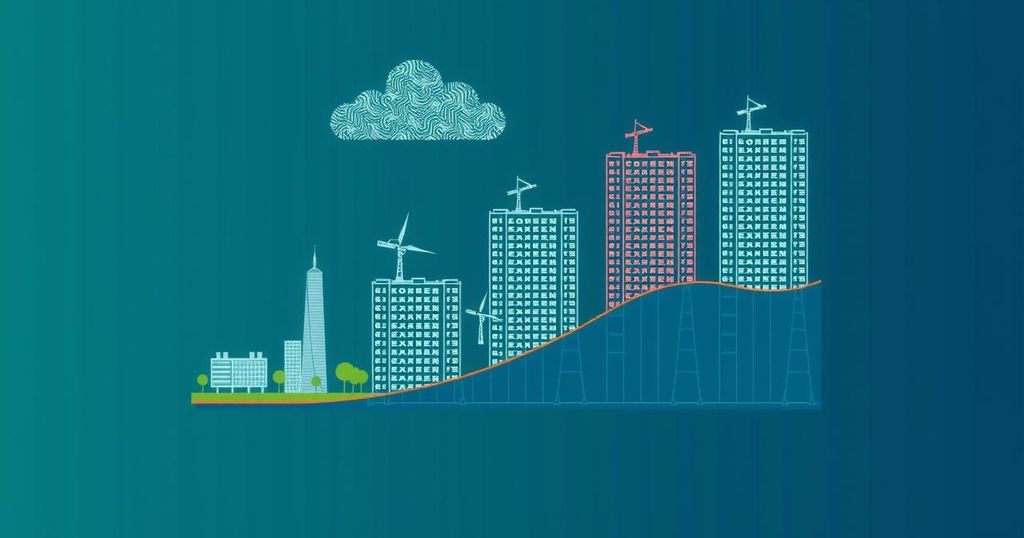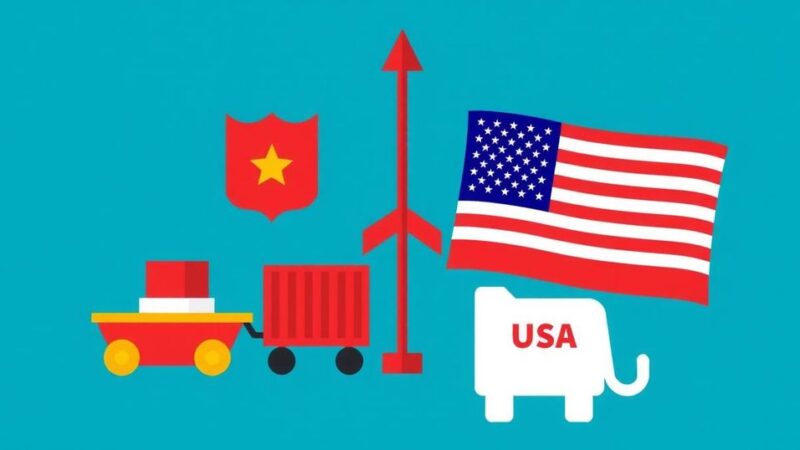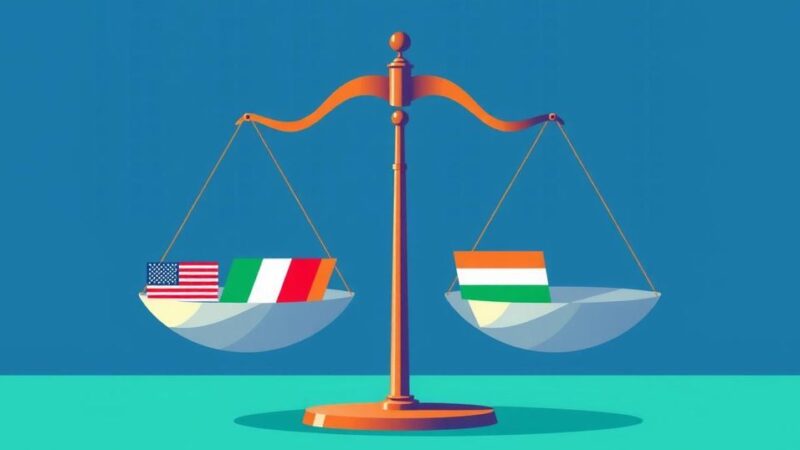The article advocates for taxing fossil fuels and shipped goods to fund climate resilience in developing countries impacted by climate change. It highlights the significant financial burdens these nations face while emphasizing the need for international levies and robust funding mechanisms to support loss and damage, drawing on historical precedents and the potential for substantial financial resources through small levies.
It is imperative to impose taxes on fossil fuels and shipped goods to generate funds for efforts aimed at enhancing climate resilience. With climate-impacted regions grappling with increasing debts, an effective strategy to address this issue is to finance a loss and damage fund through levies. Recent reflections on Hurricane Beryl, which ravaged the Caribbean and led Grenada to invoke a hurricane clause allowing a temporary halt to its debt service, underscore the urgent need for financial solutions. While the cessation of debt servicing provided indispensable liquidity, it is crucial to recognize that the deferred debt will eventually necessitate repayment, underscoring the complexity of this issue.
In light of climate change, developing nations bear an overwhelming burden, experiencing over $100 billion in climate-related losses annually, even while contributing minimally to global warming. This creates a pressing need for an international scheme to compel those responsible for emissions to contribute fairly towards recovering the losses incurred by vulnerable countries. However, enforcement presents challenges, especially given the political climate, where electorates often favor nationalist agendas over collective responsibility.
Historically, international funds for pollution damage have successfully mobilized resources. For instance, the response to the Torrey Canyon disaster exemplifies how swiftly the community can act when necessary. The resultant International Convention on Civil Liability for Oil Pollution Damage established a compensation framework funded by oil purchasers for spills, raising substantial funds through minimal levies that consumers hardly notice.
To address the urgent climate crisis, it is necessary to replicate such funding mechanisms for greenhouse gas emissions. The shipping industry, responsible for transporting a vast majority of goods, could implement a modest 0.2 percent levy on the value of fossil fuels and goods, potentially generating up to $50 billion annually for climate resilience funds targeting vulnerable nations.
It is essential to ensure that these levies do not disproportionately impact developing countries, which have contributed negligibly to climate change. Precedents exist, demonstrating that those responsible for environmental risks should bear the financial burden. Furthermore, worldwide financial institutions should leverage their resources to support vulnerable countries in building resilience, preventing them from succumbing to insurmountable debts. The time to act is now, as we cannot wait for another catastrophic climate event to compel necessary changes.
The article discusses the interconnectedness of climate change, international funding, and the economic burdens faced by developing nations. It details the significant losses incurred by these countries due to climate-related events, the challenges in enforcing international levies for climate funding, and the historical precedents for such funding mechanisms. Furthermore, it highlights the need for immediate action to create sustainable financial resources to help vulnerable nations withstand the impacts of climate change and reduce their respective debts.
In conclusion, there is an urgent necessity to implement levies on fossil fuels and shipped goods to support climate resilience initiatives. Given the immense financial strain on developing nations from climate-related damages, a structured approach to funding through international contributions is both crucial and viable. By learning from historical successes in pollution damage compensation, stakeholders can create effective mechanisms to support the most vulnerable populations against the realities of climate change, thereby fostering global solidarity and long-term sustainability.
Original Source: www.aljazeera.com






